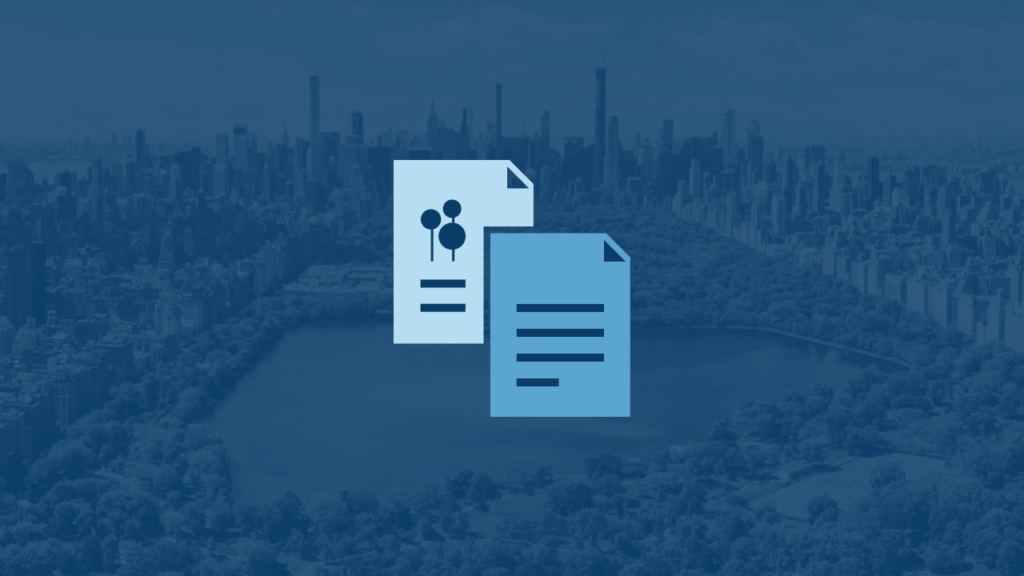
California has taken a step in climate accountability by amending the 2024-2025 state budget to allocate $22 million to implement corporate climate disclosure laws, SB 253 and SB 261. Over the next five years, the state plans to redirect a total of $3.6 billion from the General Fund to the Greenhouse Gas Reduction Fund (GGRF). However, new proposed amendments could delay the implementation of SB 253 and SB 261 by two years while giving the California Air Resources Board (CARB) additional flexibility in rule-making.
The California laws, the most comprehensive climate disclosure mandates in the U.S., require extensive emissions (including Scope 3) and climate risk reporting from both public and private companies.
California’s Legislative Advances in Climate Disclosure
SB 253 – Climate Corporate Data Accountability Act
Requires companies with revenues exceeding $1 billion and operating in California to annually report their emissions from all scopes starting from 2026. This includes direct emissions, emissions from purchased electricity, and indirect emissions related to supply chains and other activities.
SB 261 – Climate-Related Financial Risk
Mandates certain entities to prepare and submit reports on climate-related financial risks in line with the Task Force on Climate-Related Financial Disclosures (TCFD) framework.
Emerging Trends in Other States
Following California’s lead, several other states are considering similar climate disclosure legislation. These developments indicate a growing trend toward mandatory climate reporting across the U.S., aiming to create a unified approach to climate disclosure.
New York’s SB S897C and SB 5437
These bills align closely with California’s climate laws, with SB 5437 mandating annual climate risk reporting. Both bills are in the early stages of the legislative process, with potential enactment requiring companies to start reporting two years later.
Washington’s SB 6092
Mirrors California’s SB 253, requiring companies with over $1 billion in revenue to report Scope 1 and 2 emissions in 2026 and Scope 3 the following year. The bill has advanced through multiple committees and is poised to become the second state-level climate disclosure law.
Illinois’ HB 4268
This bill requires companies to report all three emission scopes in the same year, providing an additional 180 days for Scope 3 reporting. The ambitious timeline sets a possible start in January 2025, though this is currently under review in the House Rules Committee.
Minnesota’s SF 2744
Requires banks and credit unions with assets over $1 billion to complete annual climate risk disclosures, emphasizing regulatory oversight in the financial sector.
Harmony Analytics and Your Business
As these new standards evolve, staying informed and adaptable is crucial. Harmony Analytics ensures a standardized reporting process by consistently evaluating over 11,000 companies, quantifying emissions, and tracking progress toward net-zero targets. Our platform enables users to benchmark a company’s profile against its peers, identifying risks and opportunities for development. If you’re navigating the complexities of the new disclosure requirements or interested in understanding these insights further, connect with the Harmony team.
